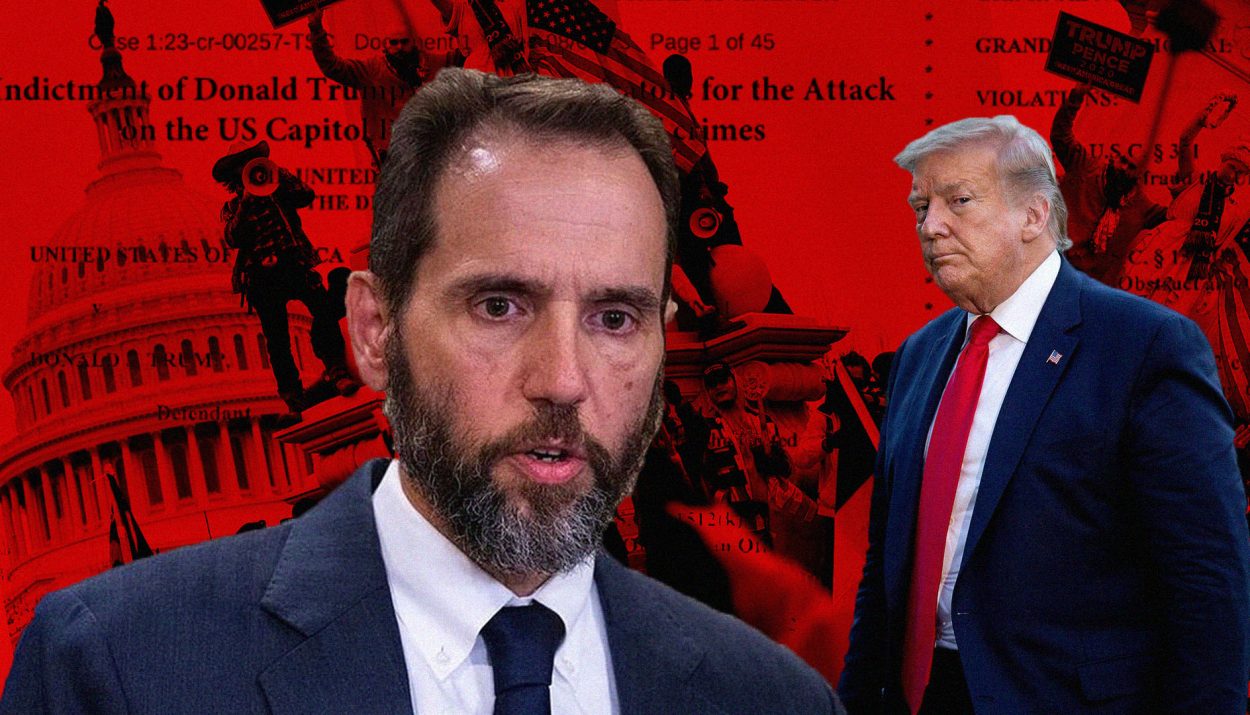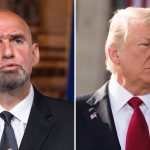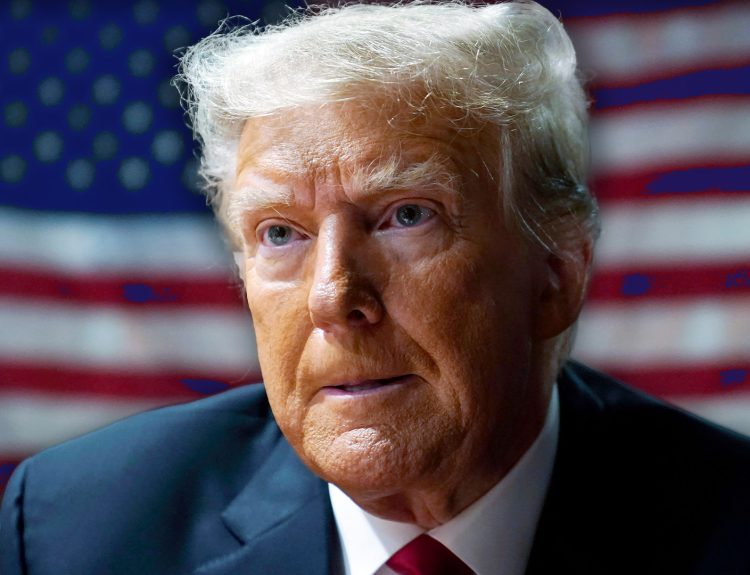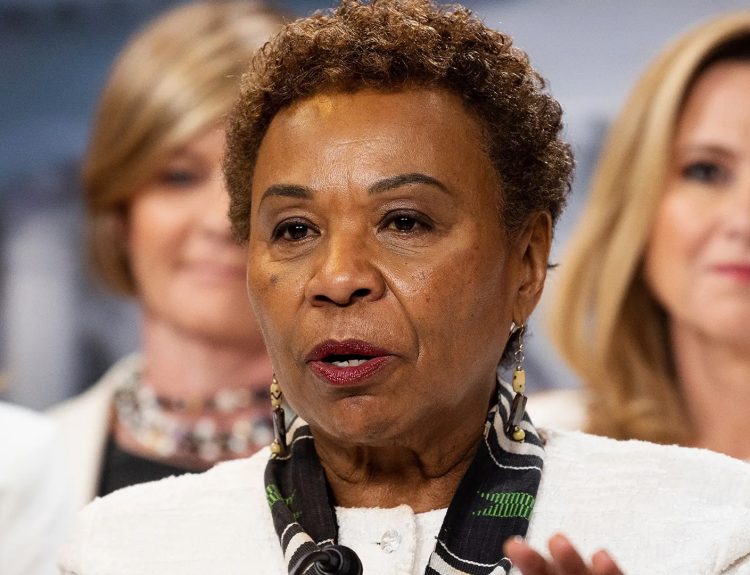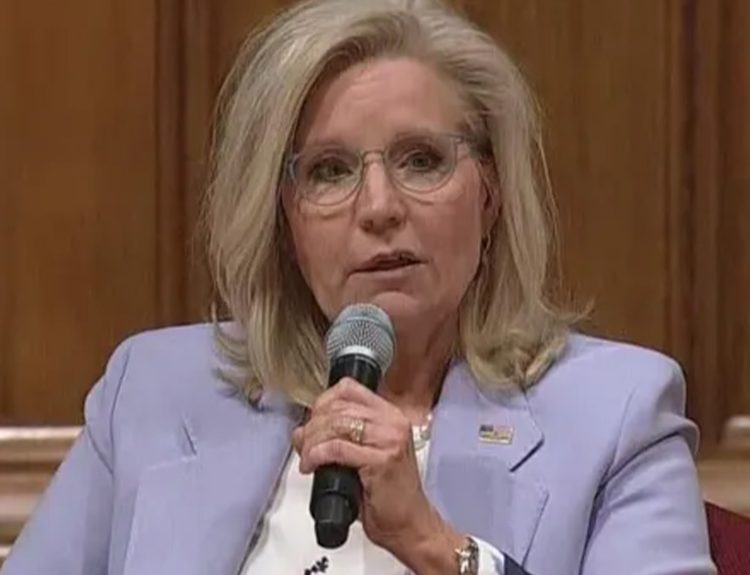Special Counsel Jack Smith may experience a backfire with the comments that he previously made regarding the Supreme Court and Donald Trump. His comments called for the Supreme Court to make a ruling on whether the former U.S. president could cite immunity as a way to dismiss the federal election interference case against him.
Smith Took Major Risk By Asking To Bypass Lower Courts
Smith took a major risk in December when he asked the Supreme Court to make an immediate ruling on whether Trump could claim absolute immunity regarding the charges against him. Smith charged Trump with four separate offenses related to his alleged criminal attempts to overturn the results from the 2020 election.
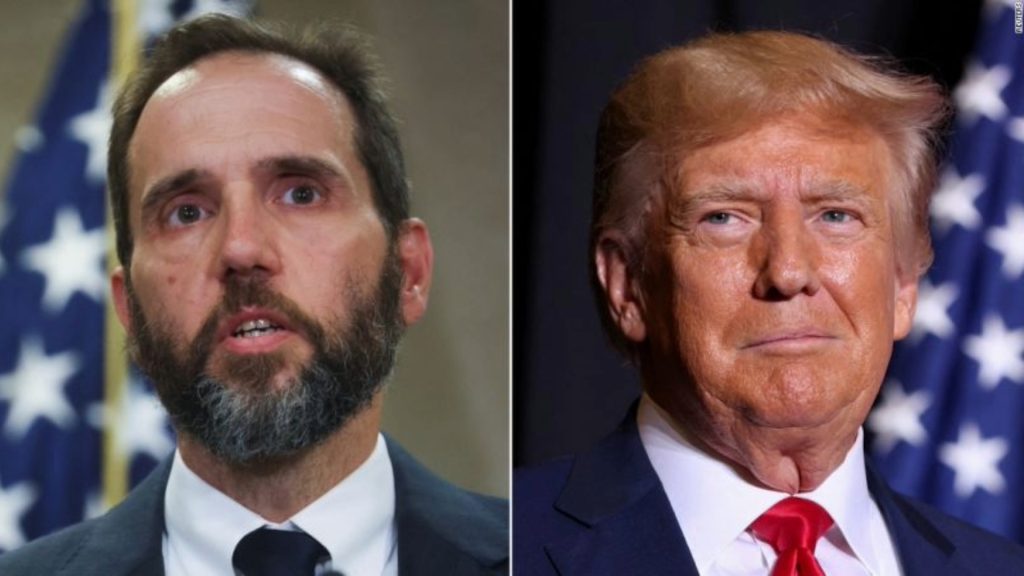
By making this request, Smith was essentially skipping the basic steps that would have required him to first go through the lower courts. This accelerated route straight to the Supreme Court for a quick resolution was taken in an attempt to prevent Trump from delaying the trial.
Trump Claimed That Smith Offered ‘Virtually No Explanation’ With His Request
Trump did not take long to file his response to Smith’s petition to the Supreme Court. In his response, Trump urged the Court justices to not skip the step of allowing the lower court to hear the case first.

Trump argued that Jack Smith offered “virtually no explanation” regarding how the matter met the stringent standards of the Supreme Court that would allow this accelerated route to be taken. According to Trump’s attorneys, the mere fact that the case arose “in the vortex of political dispute warrants caution, not haste.”
Smith’s Request Denied By The Supreme Court
The Supreme Court did not take very long to reject the request of the Department of Justice’s special counsel in late December. The Court reportedly refused to jump ahead of having the Court of Appeals consider the matter first.
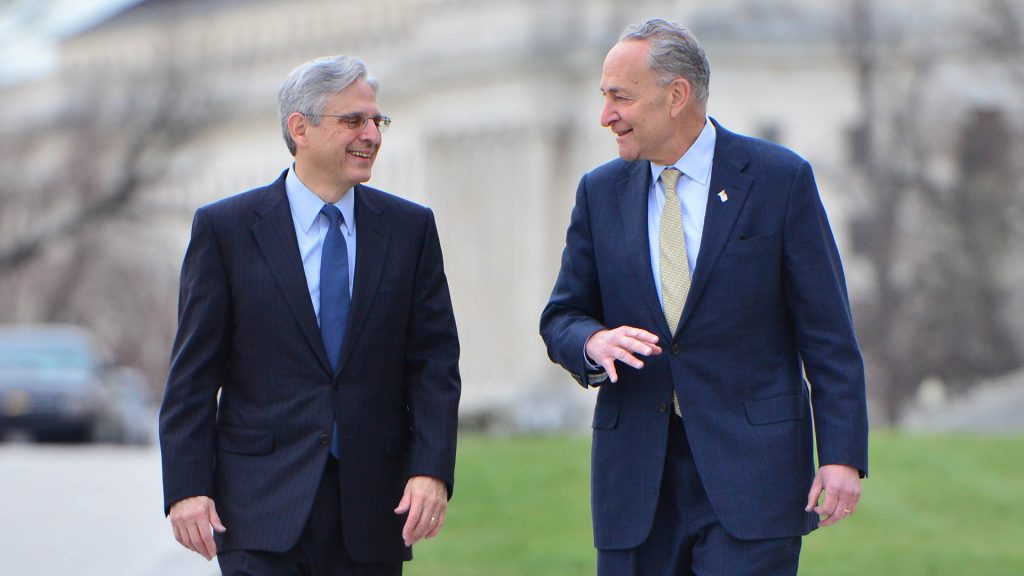
Therefore, Smith’s attempt to fast-track arguments on the ability for Trump to claim presidential immunity failed. However, a decision must still be made regarding the immunity question before the case can go to trial.
The Supreme Court Did Not Offer Reasoning For Denial Of Request
The U.S. Supreme Court did not go on record with an explanation of why it denied Jack Smith’s request. In addition, there were reportedly no noted dissents either.
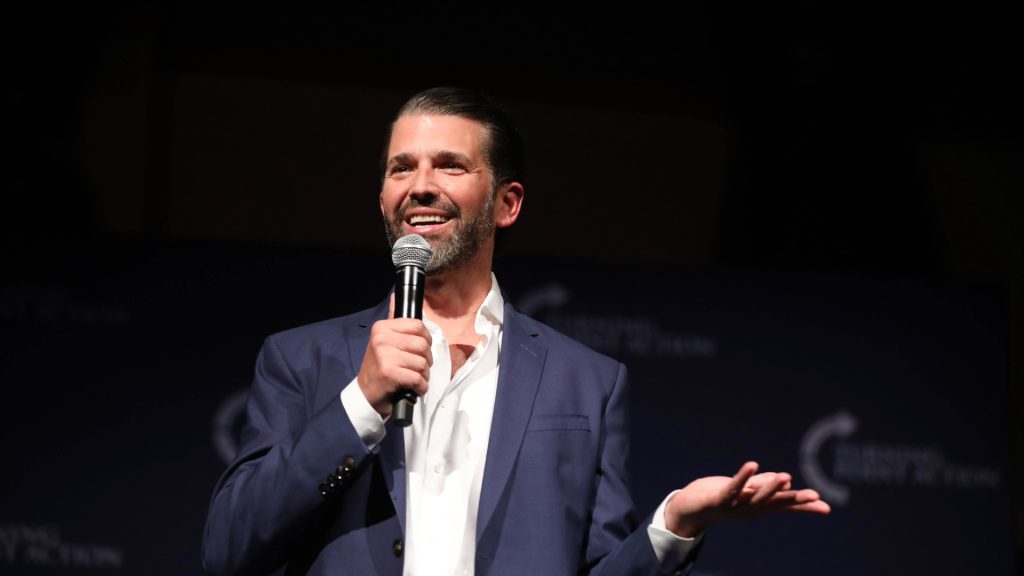
Donald Trump Jr., a son of the former president, referred to Smith’s request as an “attempt to rig an election” that tried to “bypass normal procedure and the appellate court” regarding Donald Trump’s challenge of the “fake insurrection January 6 indictments.”
Trump’s Claim Rejected By Appeals Court, Trump Plans To Appeal Decision
The U.S. Court of Appeals for the District of Columbia Circuit rejected Donald Trump’s claim that he could cite presidential immunity last Monday. Trump implied that he will take the steps needed to appeal the decision to the highest court of the country.
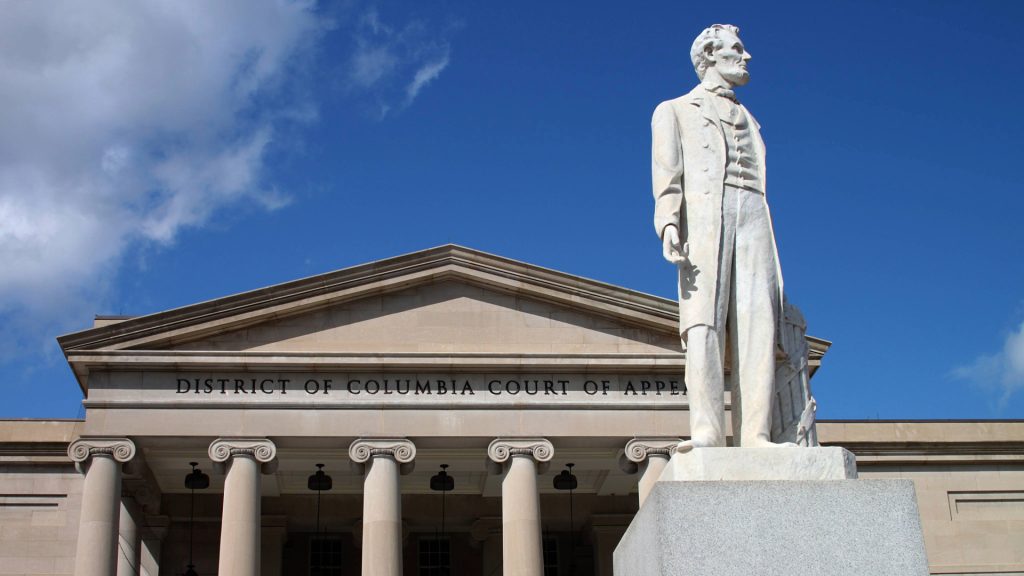
It may seem as if this puts everything back on the expedited track that Smith originally attempted to activate. However, if the Supreme Court decides to handle the case to decide if Trump could cite absolute immunity, this could actually delay the trial date by several months. The trial was originally scheduled to start on March 4.
Smith’s Remarks On ‘Imperative Public Importance’ Questioned In Retrospect
Smith wrote back in December that it was of “imperative public importance” that the Court address and resolve Trump’s claims of immunity “as promptly as possible if his claim of immunity is rejected.” This was first written when Smith asked the Supreme Court to expedite the ruling of the immunity claim.

Quite a few people have brought these words back up in the present, claiming that they are likely to backfire on Smith based on the current status of the case.
Attorney Claims Smith Made It ‘Hard to Oppose a Cert Petition Now’
Harvard law professor Jack Goldsmith stated that Smith inadvertently made it difficult for the Department of Justice (DOJ) to argue against the review of the lower court case decision by the Supreme Court. This is also referred to as a “Cert petition.”
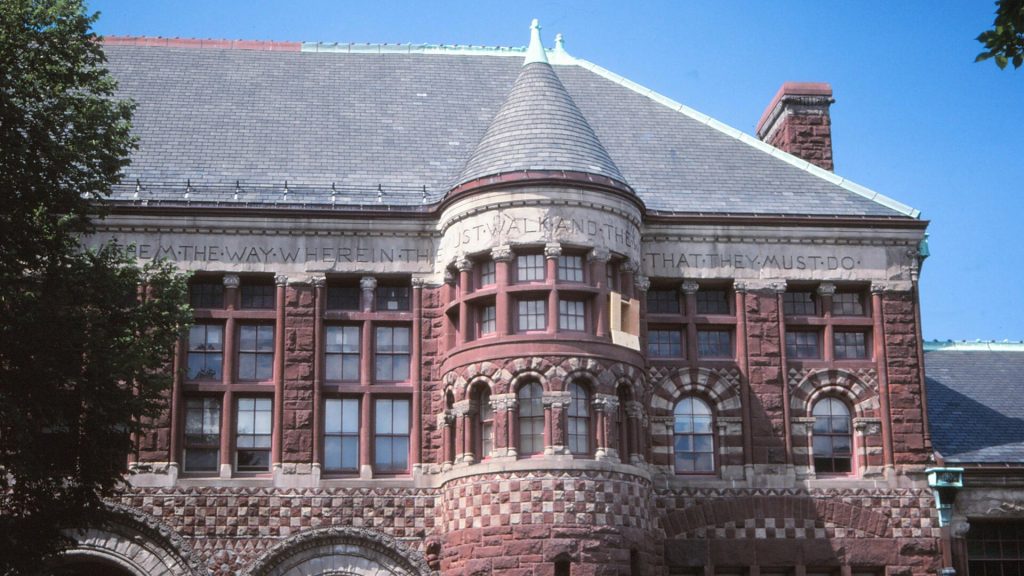
As mentioned, Smith was the one who went on record with his indication that the Supreme Court should be selected to decide if Trump will be able to cite immunity. Goldsmith further expressed on X/Twitter that he bets Jack Smith is “now wondering” why he wrote what he did back in December. Attorney Bill Shipley further explained that Smith’s comments “makes it sort of hard to oppose a Cert petition now.”
Trump Could File An Emergency Stay Request With The Supreme Court
Even though the appeals court rejected the claim, they still offered Trump the ability to file an emergency stay request with the Supreme Court. He was given a deadline of February 12 to complete the filing.
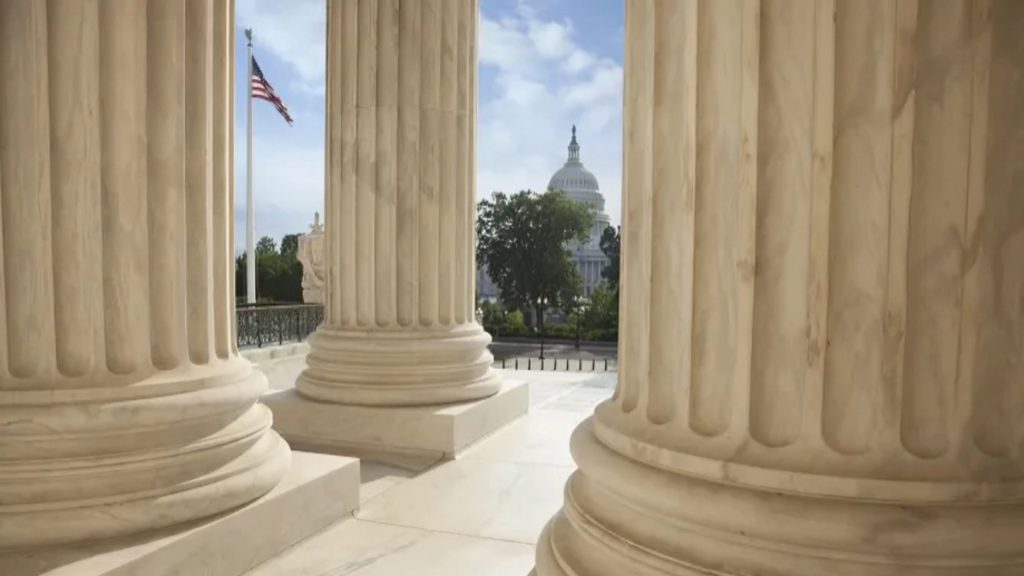
According to Newsweek, Trump would then have to file a petition to the Supreme Court that requested a reconsideration of the decision made by the appeals court. If the Court rejects his request, then the case would return to the district court for the restart of pretrial proceedings.
What If The Supreme Court Decides To Take The Case?
If the Supreme Court decides to handle the case, this could delay the first date of the trial depending on several key factors. One possible scenario shows that the trial could start by late-July. The jury would be sent out to deliberate on the verdict in late October, cutting it very close to the date of the November election.
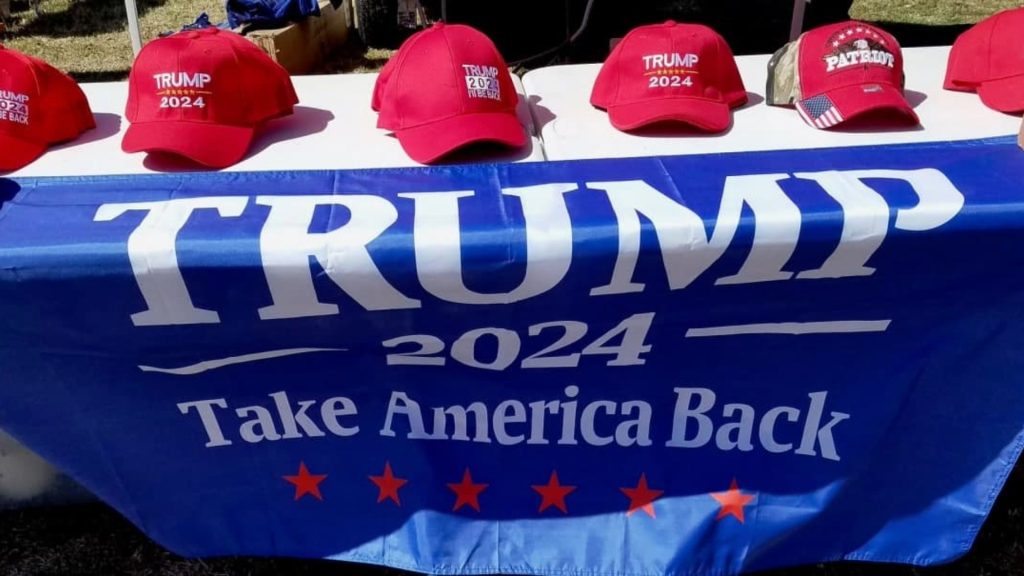
Attorneys have gone on record to make it clear that “court timelines are unpredictable,” however. According to Newsweek, these dates “simply represent probabilities” and not defined certainties.
NYU Law Professor Claims Trump’s Immunity Claim Is ‘Exceedingly Weak‘
Peter Shane, an NYU constitutional law professor, expressed that he would be “stunned” if the majority of the Court disagrees with the D.C. Circuit. He acknowledged that it is still “not a given” that the Court will even agree to hear the immunity case.
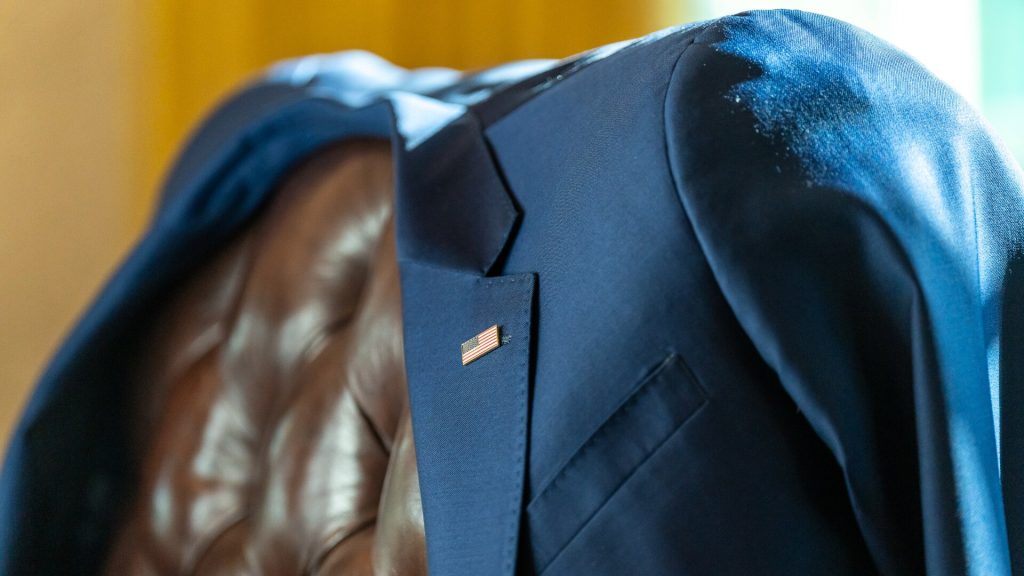
Shane further expressed that Trump’s claim for immunity was “exceedingly weak.” He based his reasoning for why Trump will not succeed with the Supreme Court on the contents of an article that he published in the Washington Monthly in December. In the article, which was titled “Trump’s Laughable Claim of Immunity,” Shane acknowledged that it was a “difficult question” to determine whether presidents should be charged with criminal offenses while still in office. However, he expressed that it should not be a question at all “whether former presidents may be charged.”

